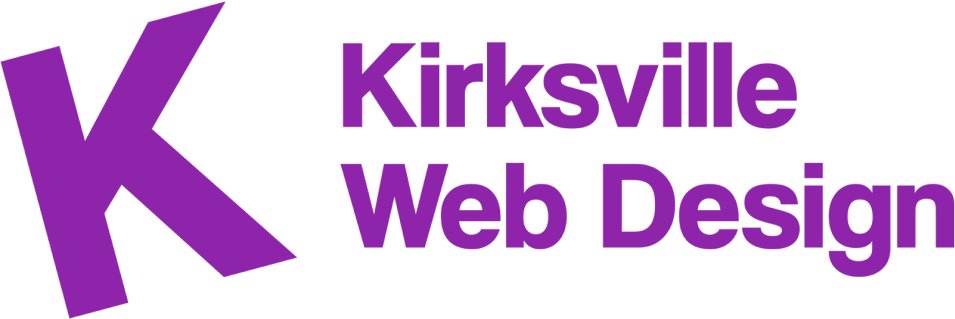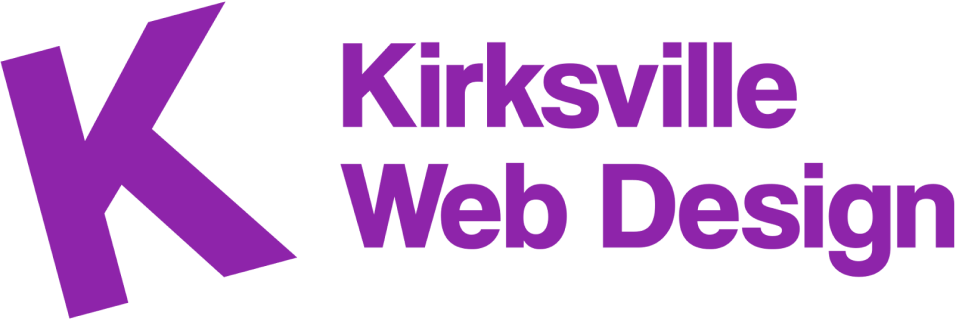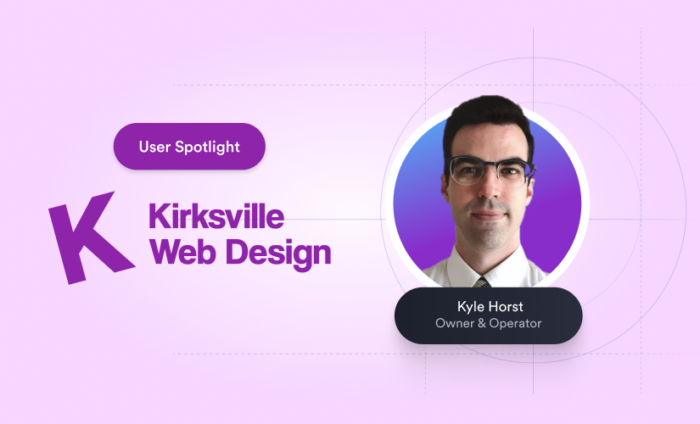In 2012, self-driving cars were still in the experimental phase, “Call Me Maybe” was at the top of the charts, and Kyle Horst, owner and operator of Kirksville Web Design, had just joined Jotform.
Flash forward to now: You can request an Uber and get a self-driving car, “Call Me Maybe” is somehow still a banger, and Kyle Horst is still a happy Jotform user.

Details
Industry
Web/graphic design
Organization size
Entrepreneur
Use Cases
Client lead forms, approval workflows, conditional logic, e-signatures, and payment integrations
A one-man team, Horst relies on his software solutions to run an efficient business. He’s been building intranets, websites, and Google Sites™ for clients for over a decade. With little time for administrative busywork, he recognized early on that Jotform offered an online form solution capable of automating his lead capture and overall workflow.
Now, 10-plus years into using Jotform on a daily basis, Horst has used form integrations and widgets to create streamlined solutions for both his business and his clients. He routinely uses features like Jotform Workflows to help him create client sales pitches.
A need for form features, both simple and advanced
Horst’s business mainly involves designing Google Sites™ (within Google Workspace) for his clients. His deliverables can take the form of websites, team sites, and even templates so clients can go on to create their own Google sites.
It was only natural that he looked to the connected form builder (Google Forms) when he needed an online form in his projects, since it was free and native to the ecosystem.
For clients who required straightforward forms, this worked out. For those who either required more complex information gathering or who needed robust connectivity options that weren’t available, he realized he needed another option.
“Sometimes that simplicity can work for a client,” explains Horst, “And they’ve made some improvements, but…for advanced form requirements, I knew I’d have to turn elsewhere.”
Additionally, Horst’s very business depended on converting new client leads quickly. As it was, he was getting caught up in an administrative loop of tools just trying to access the contact information when a new lead form was submitted.
His workflow for lead intake, management, and communication demanded a level of customization that a basic form solution wasn’t delivering.
What he needed was a new form tool that could solve both problems.
Building better business through powerful online forms
Horst has seen the Jotform Form Builder evolve quite a lot over the years.
Back in 2012, he discovered that Jotform could ease his lead flow and benefit the complex needs of his clients simultaneously.
On the lead front, his form submissions flowed directly to his inbox, reducing turnaround time and allowing him to respond more quickly. It’s a simple thing but one that his livelihood depended on.
Horst also had the integrations he needed to effectively manage those leads from either his contact form or from his client forms.
Soon, he realized how Jotform’s conditional logic (and later, approval workflows) could take the intranets his clients needed even farther. In pitches to IT departments, he would walk through the conditional statement functionality so they could see how it works.
“Someone submits a request to buy a laptop on the intranet. With the dropdown capability, they select that they need a laptop, triggering the logic behind it dictating that the request goes to ‘Jim.’ Jim approves, signs off on it, the requestor sees the approvals come in, and they go get their laptop. It’s a simple example that impresses clients and it’s why I push for Jotform as a web form and approvals solution,” says Horst.
The approvals capabilities are even built into the intranet templates featured on the Kirksville Web Design website. Using Google Sites, potential customers will check out the template and see that the “IT dept” has a request form that’s connected to Jotform Workflows.
In this way, Horst can show what the approval process looks like for someone visiting the intranet and submitting the request. But just as importantly, potential customers see what happens behind the scenes as far as how Jotform forwards the request to the people who need to sign off and approve the request.
I think it’s really cool. I place sample Jotforms on all my Google Sites templates because I trust my customers will be blown away with Jotform’s flexibility.
Kyle Horst
Use Jotform Workflows to make sign-offs a breeze!
Full featured and reliable workflows are worth every penny
For a web designer like Horst, the stability and reliability of Jotform — combined with a rich feature set — provided the kind of valuable solution he needed for his business.
From the beginning, he appreciated details like being able to insert custom CSS into his and his clients’ forms. In the world of form design, this capability isn’t revolutionary, but he enjoyed the freedom it afforded him.
“You can use Jotform completely with no code. You have lots of tools to work with the themes and fonts,” he says, “but [the ability to] insert my own CSS by calling out this ‘class,’ made it easy and enjoyable as a tool.”
Fine details like this — and bigger ones like a workflow that incorporates and connects conditional logic, e-signatures, Jotform Workflows, Google Drive, Google Sheets, and more — is why Horst’s solopreneurship has registered more than 3,000 leads since 2012.

Case study results at a glance
Failsafe lead flow
3,000+ submissions have been sent to the entrepreneur’s contact form.
Jotform powered demos
Forms equipped with conditional logic and approvals allow for in-depth customer prospecting.
Remote enablement
Jotform enables him to run his business easily via email and smartphone.
“Jotform eliminates my (administrative) headaches of having to work with other solutions. I never have to worry about latency,” Horst says. “I don’t have to worry about Jotform or my form being hacked. Jotform is secure, it’s reliable, and so, take my money each month because I’m going to continue to use Jotform. It’s worth every penny.”
Want to tell your unique story? Fill out this form if you’re interested in having your organization featured in a case study on the Jotform blog.



















































Send Comment:
1 Comments:
More than a year ago
I would like to get more about how it works and to retrieve skills of this. Business can I join you??